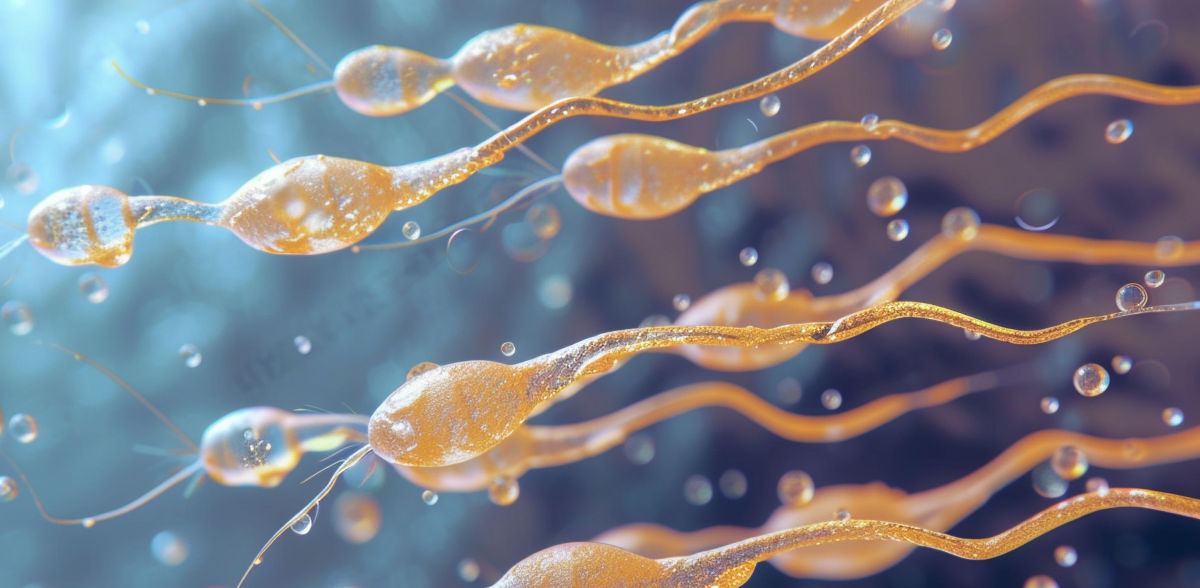Swimming behavior of sperm: plasticizers temporarily alter motility
Advertisement
In Germany, involuntary childlessness affects around a third of all couples between the ages of 25 and 50. In another third of cases, the causes are not known. In male fertility disorders in particular, the focus is always on so-called plasticizers, which are found in many everyday objects such as plastic bottles, drinking cup coatings or even till receipts. The research group led by Prof. Dr. Gunther Wennemuth (Faculty of Medicine at the UDE) investigated how plasticizers affect sperm. They were able to show that they temporarily make sperm more immobile. Her results were recently published in the journal Exposure and Health.
The study used sperm samples from 25 healthy men who regularly donate platelets. As the blood of these donors is passed through plastic tubing systems over a period of up to two hours, plasticizers are inevitably released into their blood.
By examining individual sperm cells, the researchers were able to show that the frequency of sperm tail beats decreased. The beat frequency is considered an important parameter of sperm movement. At the same time, it was found that the seminal fluid (ejaculate) contained a greatly increased amount of degradation products of the plasticizer DHEM (MEHP, 5OH-MEHP, 5oxo MEHP, 5cx-MEPP).
"The reduced sperm beat frequency and the increased plasticizer concentration were still detectable 48 hours after the platelet donation," says Prof. Wennemuth, Director of the Institute of Anatomy. "It was only one week later that the initial levels of sperm movement and plasticizer concentration had returned in the test subjects examined."
This study proves for the first time that sperm movement changes for a few days when the body is exposed to increased levels of plasticizers. "The changes we observed do not necessarily mean that healthy men have to fear infertility due to platelet donation or high plasticizer exposure," emphasizes Prof. Wennemuth. "However, it is possible that an already existing impaired fertility in men is increased in this way."
Further studies with a larger number of test subjects are required to investigate the actual effects of plasticizers on male fertility.
Note: This article has been translated using a computer system without human intervention. LUMITOS offers these automatic translations to present a wider range of current news. Since this article has been translated with automatic translation, it is possible that it contains errors in vocabulary, syntax or grammar. The original article in German can be found here.
























































